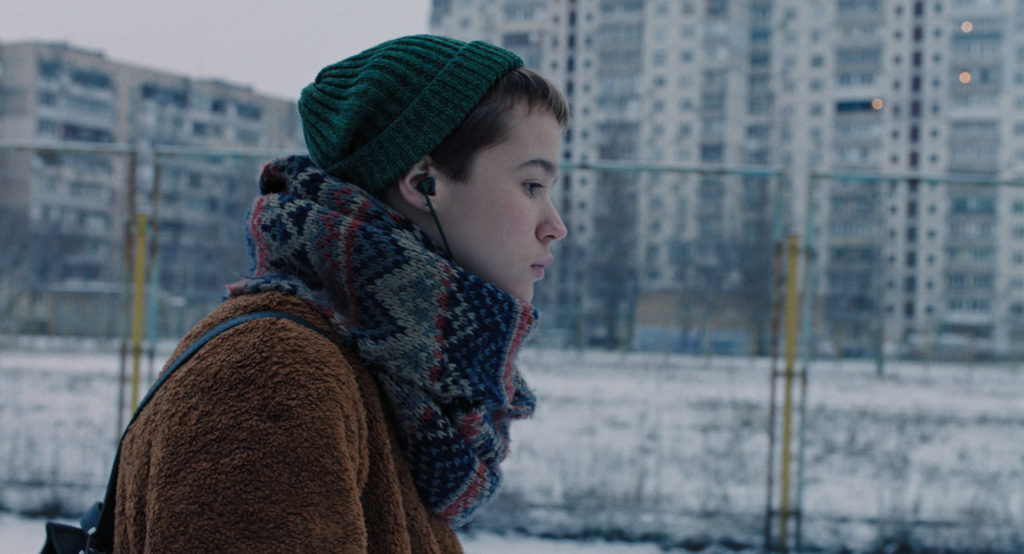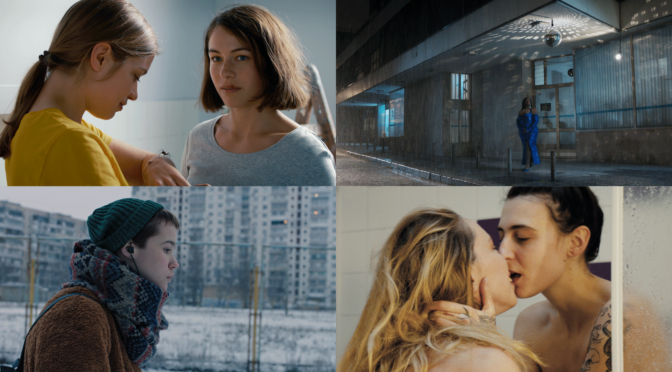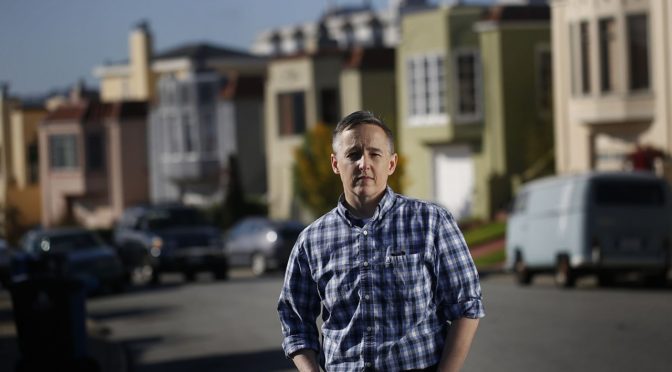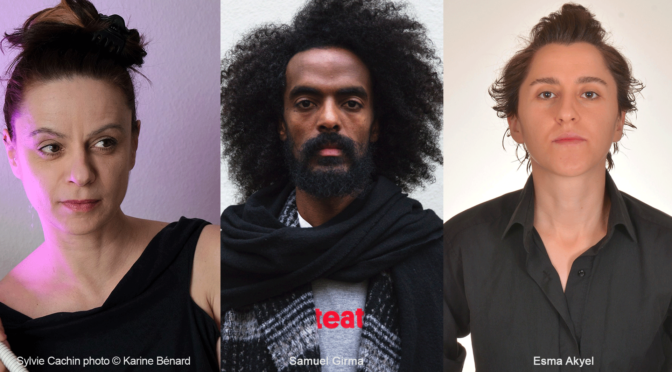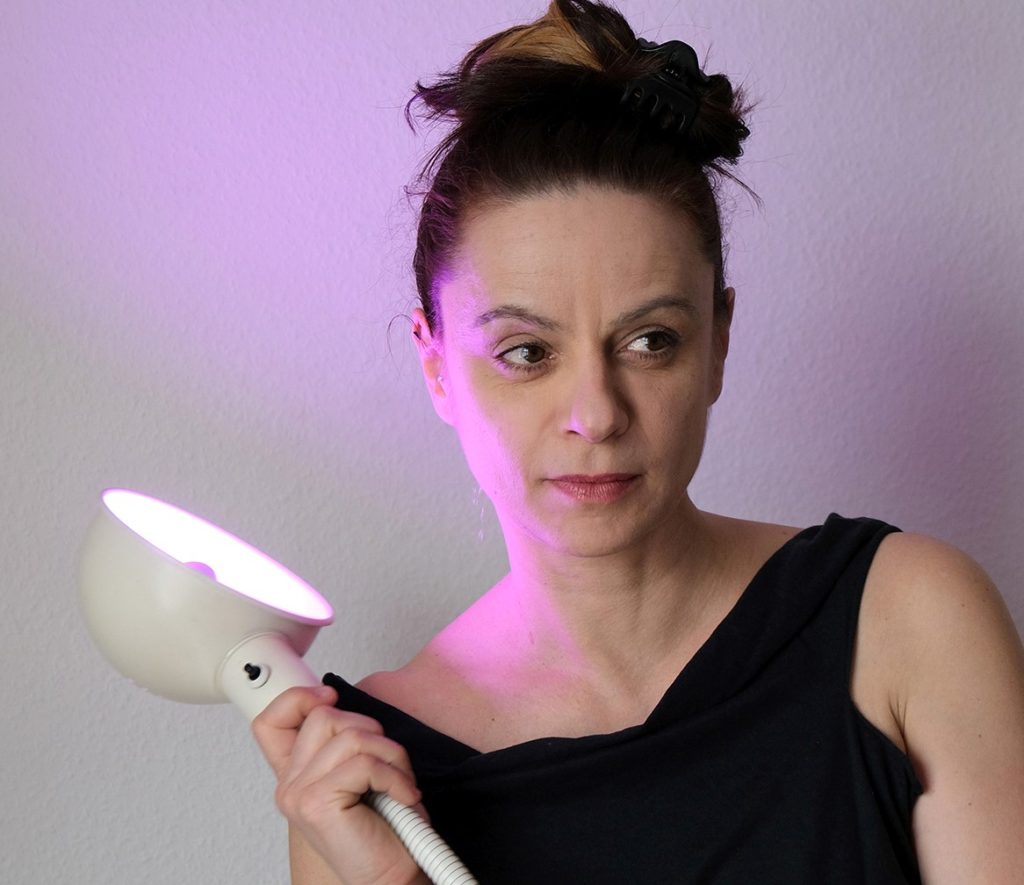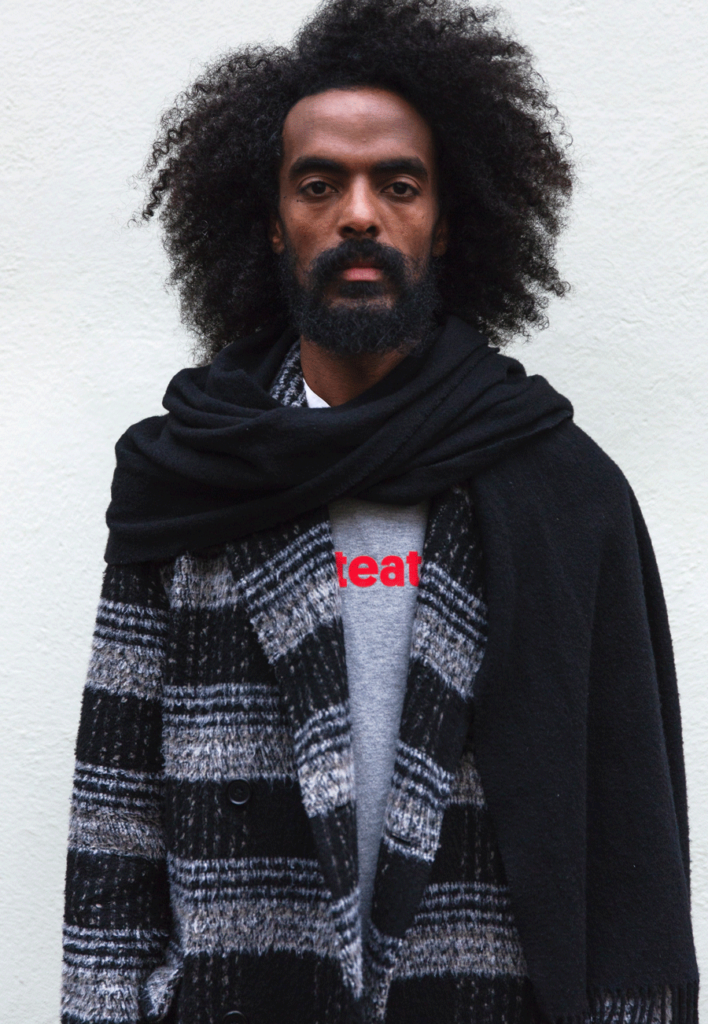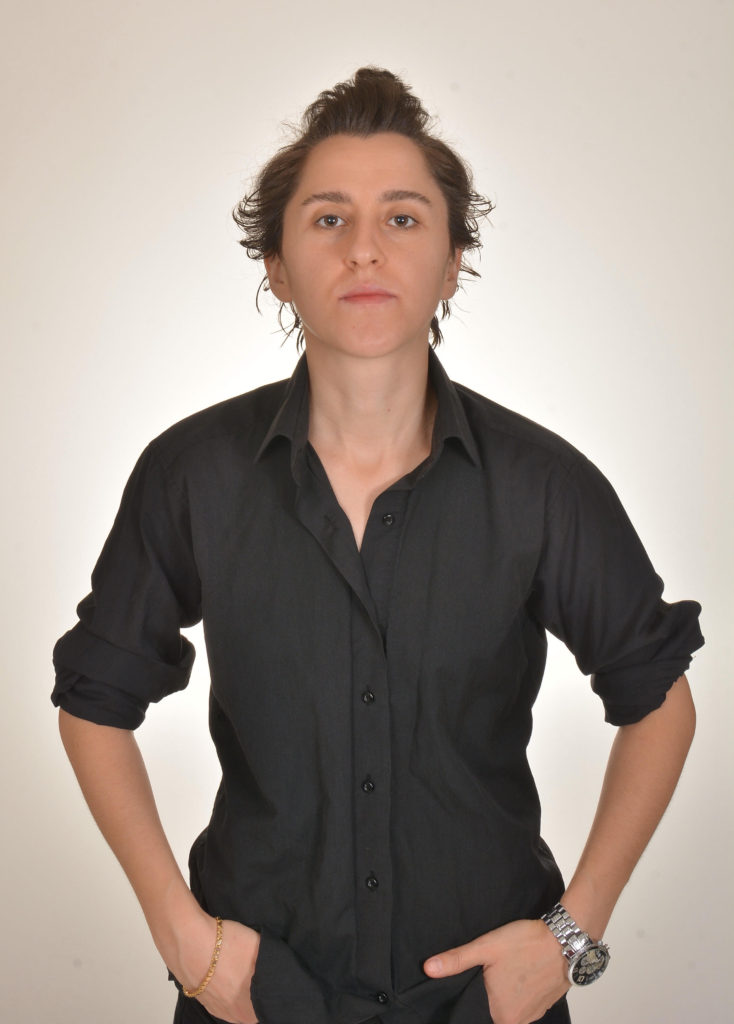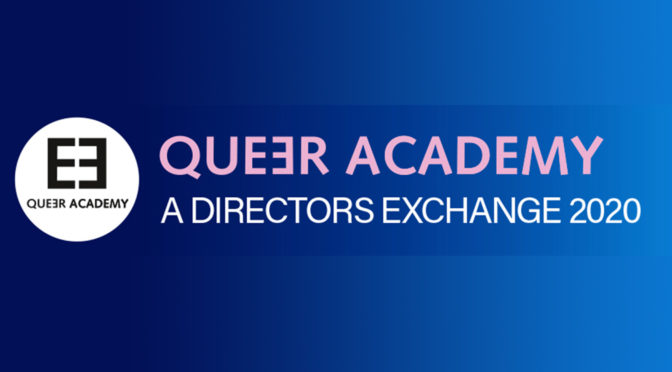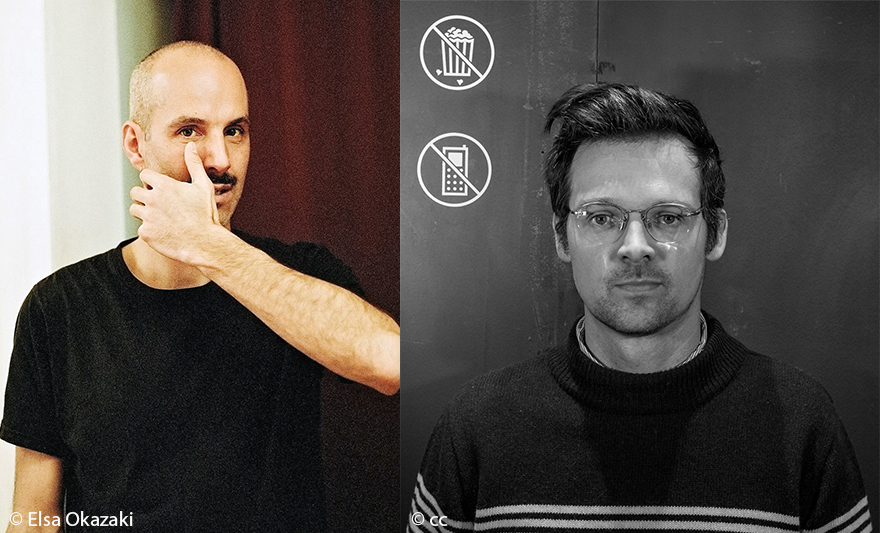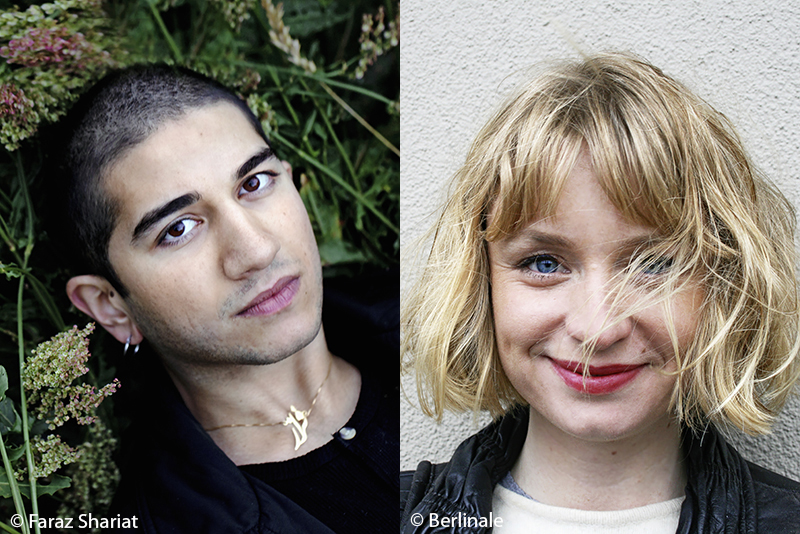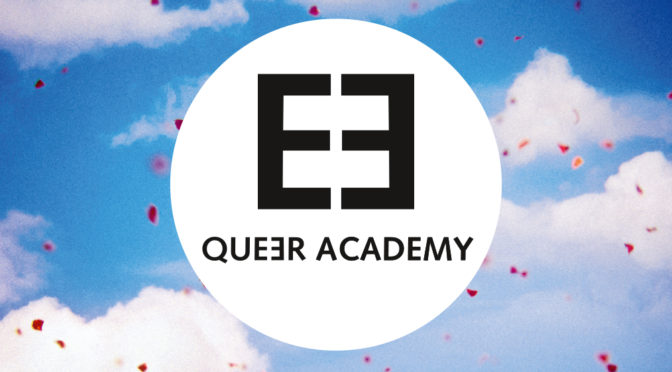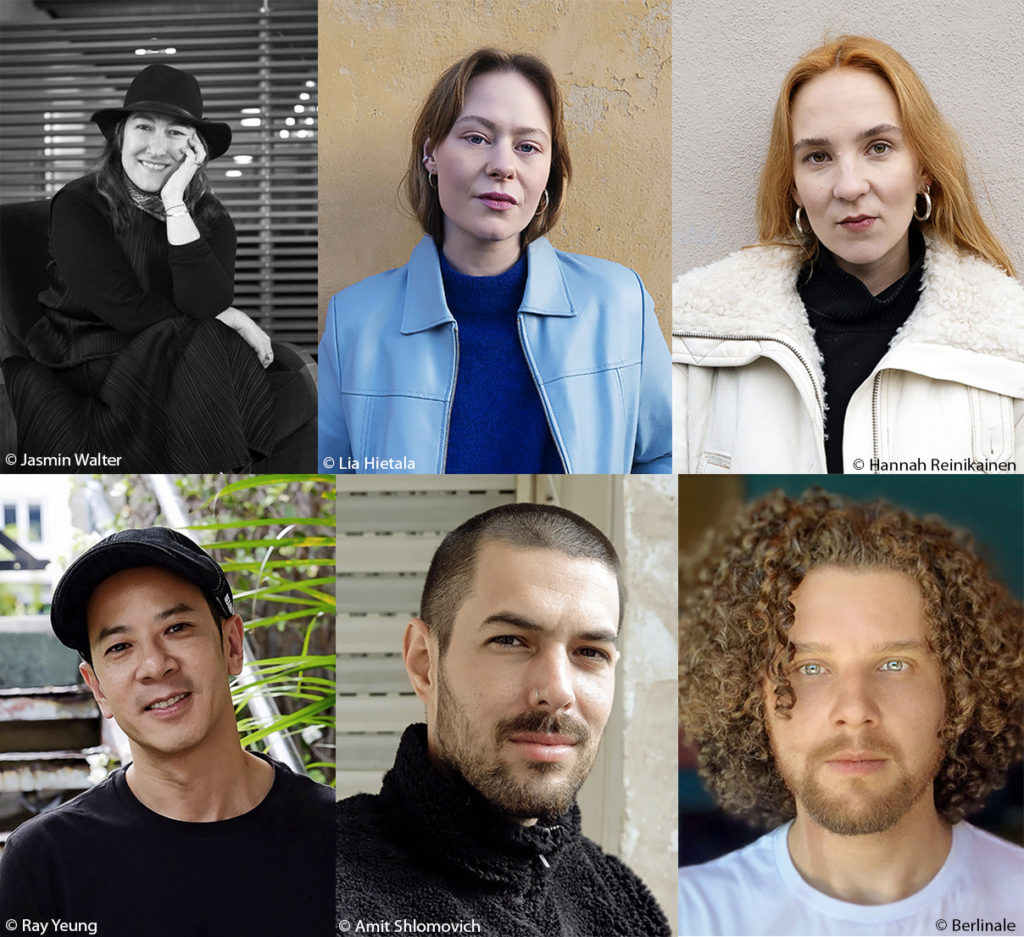The Berlinale Summer Special has finally arrived and what better time to celebrate our wonderful LGBTQ+ films and artists than during pride month! Starting today and running until the 20th of June 2021, all films nominated for a TEDDY 2021 will be screened in open-air cinemas around Berlin!
“GLÜCK”, Regie: Henrika Kull, Deutschland, 2021
PREMIERE, 21:30h, Freiluftkino Kreuzberg
Breaking the ice on the first day of festival is the feature BLISS (original title: GLÜCK) directed by the wonderful Henrika Kull! Shot in a real brothel, the film breaks down the negative stereotypes and stigma associated with sex work through the passionate relationship of two female sex workers. More details about the film and other screening dates can be found on our BLOG. Watch the full interview with Henrika Kull here:
LUZ DE PRESENCA“, Regie: Diogo Costa Amarante, Portugal, 2021,
PREMIERE, 21:45h, Freiluftkino Hasenheide
We just can’t get enough of this buzzing festival atmosphere that was so dearly missed! Screening today is a delightful short film directed by Diogo Costa Amarante: A PRESENT LIGHT (original title: “Luz de Presença”). Save the dates: 09.06. / 21:45 / Freiluftkino Hasenheide 10.06. / 21:45 / Freiluftkino im Filmrauschpalast Don’t miss out on the other screenings taking place today on our BLOG .Catch Amarante discussing his idea for the film on Vimeo:
“DAS MÄDCHEN UND DIE SPINNE“, Director: Ramon Zürcher,
Switzerland 2021
PREMIERE, 22.15h, Sommerkino Kulturforum
Over the course of two days and one night, as Lisa moves out of the apartment she has shared with Mara and into the one where she will live alone, many things will break and some will be repaired.
Like the titular spider’s web, the film has a perfect, fragile geometry. Set almost entirely in interiors, it is also an involuntary summary of the paradoxical age of the pandemic. The transition from one abode to another, and the energy that is released between one story ending and another beginning, puts the entire ensemble into an altered state of grace.
…read more
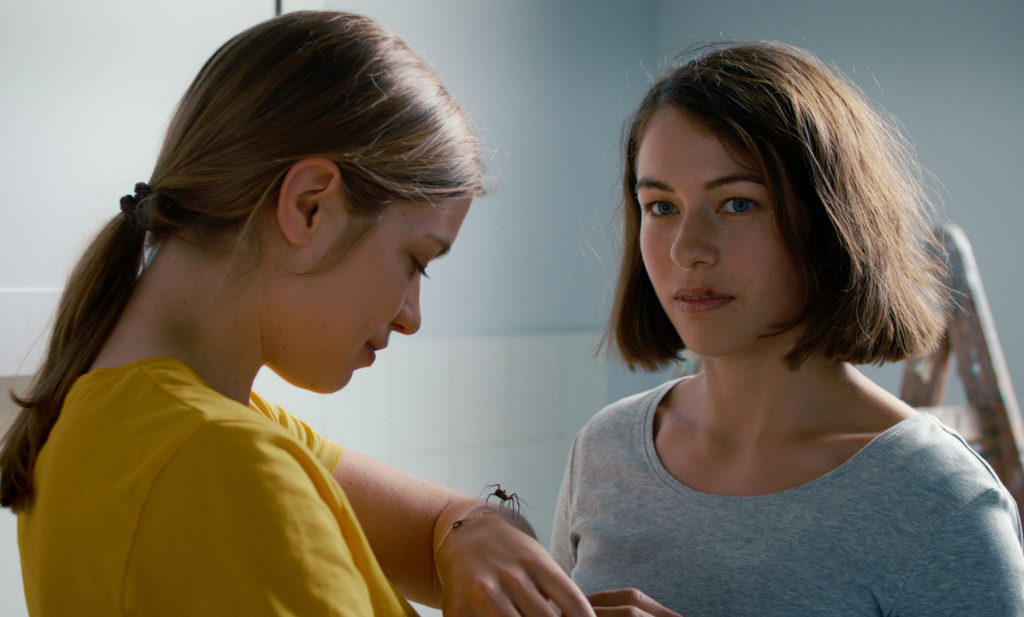
“STOP ZEMLIA“, Director: Kateryna Gornostai, Ukraine 2021
PREMIERE, 21:30h, Freiluftkino Rehberge
“They say when you get goosebumps, your soul touches your body.”
It‘s Masha, Iana and Senia‘s last but one year of high school. Among the thriving pot plants in the classroom and to the sound effects of a Biology lesson about physical signs of stress, the young protagonists grapple with themselves and with one another. 16-year-old Masha is the quiet center of Kateryna Gornostai’s feature debut. …read more
